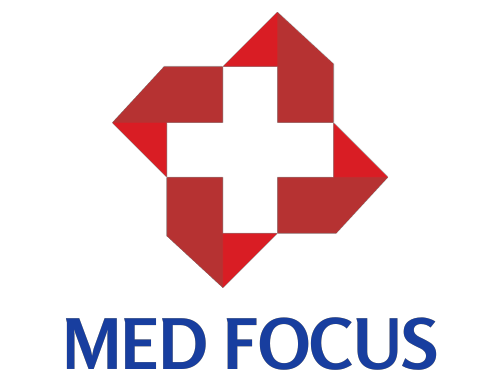
Understanding Blockchain Technology
Blockchain is a decentralized digital ledger that records transactions across multiple computers in a way that ensures security, transparency, and immutability. It is the underlying technology behind cryptocurrencies like Bitcoin, but its applications extend far beyond the financial sector.
Enhancing Data Security and Privacy
One of the most significant contributions of blockchain to healthcare is its potential to enhance data security and privacy. Patient data breaches and cyberattacks have become all too common, but blockchain's cryptographic techniques and decentralized nature make it incredibly difficult for hackers to compromise health records.
Interoperable Health Records
Blockchain technology has the potential to create interoperable health records, allowing seamless sharing of patient information among healthcare providers, regardless of the electronic health record (EHR) system they use. This streamlined data exchange can lead to more coordinated and efficient care.

Empowering Patients
Blockchain enables patients to have greater control over their health data. Through secure digital identities and permission-based access, individuals can decide who can access their medical records and for what purposes. This puts patients at the center of their healthcare decisions.
Clinical Trials and Research
Blockchain facilitates the secure and transparent management of clinical trial data. This can expedite the drug development process, reduce fraud, and increase trust in research findings. Patients can also contribute their health data to research initiatives, potentially accelerating medical breakthroughs.
Smart Contracts for Healthcare Transactions
Blockchain's smart contract capabilities automate and secure healthcare transactions, such as insurance claims processing, billing, and supply chain management. This reduces administrative overhead and minimizes errors, ultimately cutting costs.

Challenges and Future Directions
While the potential of blockchain in healthcare is vast, it's not without challenges. Ensuring data accuracy, addressing regulatory concerns, and standardizing blockchain applications are ongoing tasks. However, as the technology matures, its benefits are becoming increasingly clear, and its integration into healthcare systems is expected to grow.
Conclusion: A New Era of Healthcare
In conclusion, blockchain technology is ushering in a new era of healthcare—one marked by enhanced security, data ownership, and transparency. By safeguarding patient data, enabling interoperability, and streamlining transactions, blockchain holds the potential to revolutionize the industry, benefitting both healthcare providers and patients. While challenges remain, the future of healthcare looks brighter with the transformative power of blockchain technology at its core.

Kindly visit themedfocus.com for additional advice and recommendations about attending medical school. If you're seeking a trustworthy internet source, please check out the whole medical school package at the URL below.
https://themedfocus.com/products/the-complete-med-school-bundle
